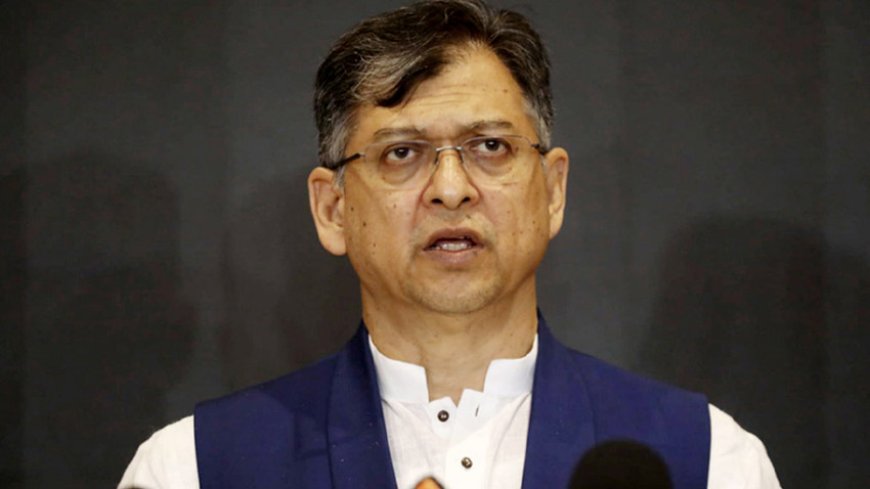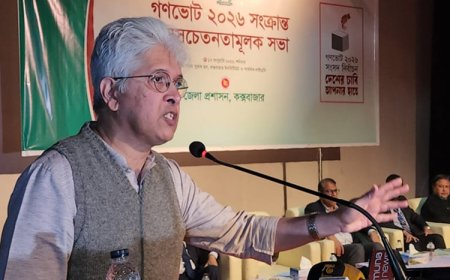Salahuddin: BNP rules out alliance with Jamaat, keeps NCP option open
Salahuddin: BNP rules out alliance with Jamaat, keeps NCP option open

BNP Standing Committee member Salahuddin Ahmed has categorically ruled out the possibility of forming an electoral alliance with its long-time partner, Bangladesh Jamaat-e-Islami.
In a recent interview, Salahuddin confirmed, “There is no chance of an electoral alliance with Jamaat-e-Islami. While we allied in the past for strategic reasons, we don’t feel that necessity this time.”
However, he left the door open for ongoing talks with the Jatiyo Nagorik Party (NCP), stating that discussions on political alliances would continue until the election schedule is announced. “Time will tell what shape things ultimately take,” he added.
Salahuddin expressed hope that the next parliamentary elections would be held under the interim government by mid-February 2026. He urged the National Consensus Commission to accelerate its work on reform proposals, warning that prolonged delays could negatively affect the electoral timeline.
“The commission’s talks are dragging unnecessarily and should have wrapped up by now,” he said, adding that mismanagement of the meetings has hampered progress. “We need a summary and a clear decision without further delay.”
Commenting on the election framework, Salahuddin said the caretaker government system has effectively been restored pending a verdict from the Supreme Court’s Appellate Division. He stressed that the people of Bangladesh want elections under a neutral administration, though debate continues over whether the former Chief Justice should remain as Chief Adviser. “Alternative models are being discussed, but if no better solution is found, the current arrangement will remain,” he noted.
Salahuddin also dismissed proposals for a proportional representation (PR) system in the upcoming elections. He argued that Bangladesh lacks the political maturity and local governance structure required for such a model.
“In PR systems, voters don’t get to elect their own local representatives, which leads to disconnection, lower turnout, and fragmented parliaments,” he explained. “Our electorate prefers familiar, local candidates. PR would allow people from outside an area to represent it — this goes against democratic values.”
He further noted that the absence of strong local governments makes PR unfeasible in the Bangladeshi context, where MPs are directly involved in development. He also warned that PR would disadvantage independent candidates and encourage weak coalition governments.
“Small parties support PR because it gives them more seats with fewer votes, but that often results in unstable governments and undermines decisive leadership,” Salahuddin said, reiterating BNP’s firm opposition to PR under any circumstances.
Representing BNP in the National Consensus Commission, Salahuddin concluded by acknowledging that a range of demands—from justice reforms to PR—are being voiced. “Different parties are pushing different agendas. But we’re confident the election will be held by February under the constitution. While everyone is entitled to their opinion, many of these statements are politically calculated.”
What's Your Reaction?





















































































